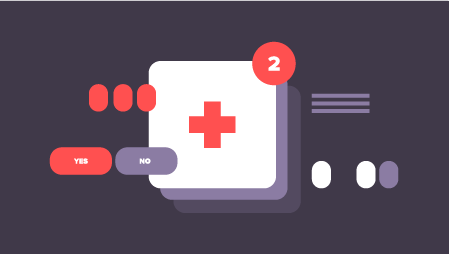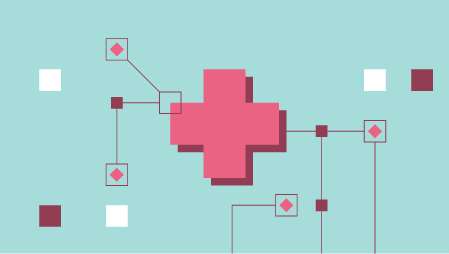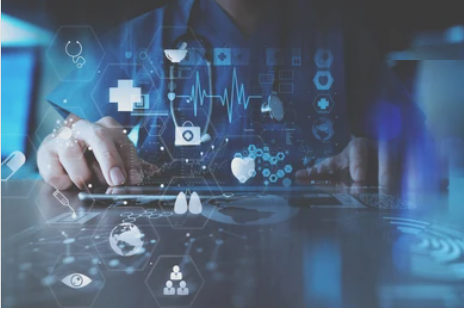MeriTalk, a public-private partnership committed to enhancing IT services in the government, has just published a study titled The Big Data Cure. This study, conducted jointly with EMC, targeted the Federal executives as survey respondents to collect information about the current state of big data initiatives in Federal healthcare system.
For the online survey, 150 Federal executives were shortlisted, who responded a healthcare and research questionnaire in January 2014. The published report has a margin of error of +/- 7.95 percent at a 95 percent confidence level.
According to the Feds, technologies like Machine to machine (M2M) and big data will vastly improve patient care and remote patient monitoring. Superior quality healthcare datamonitored in real timewill facilitate better decision-making.
The study reports the following findings:
- Emerging technologies like mHealth[1] and M2M[2] will be game changers. 15 % of respondents reported they have already implemented M2M, while 53% said they had big data implementation plans within the next two years.
- Nine out of 10 respondents reported they expected M2M and big data technologies to have positive impact on the healthcare industry.
- 63% of respondents believe that big data[3] enhance the monitoring and management process of population health.
- 62% of respondents think that big data will improve patient care within military health and VA systems substantially.
- 60% of respondents responded that big data has the potential to enhance the delivery of preventive care.
- About 59% of Federal executives engaged in healthcare agencies responded that the success of their missions will be directly dependent on their big data initiative.
- One in three healthcare agencies has already launched at least one big data program.
- 35% reported they use big data for patient care; 31% use big data for reducing care costs; 28% use big data to improve health services; and 22 % use big data to increase early detection.
- 34 % of respondents said they have invested in big data solutions; 29% said they invested in trained professionals; and 29% said they invested in educating senior management on big data.
Dan Dougherty, vice president, EMC Federal commented:
Emerging mHealth and M2M technology will together create a new healthcare data deluge, and tremendous opportunity to improve efficiency and patient care. DoD delivers healthcare to nearly 10 million people through TRICARE, and we know costs have been rising. Big Data analytics, mHealth, and M2M technology can make an impact in key areas including helping to more successfully manage chronic conditions with improved preventative care monitoring and addressing symptoms before they become acute.
The full study is available at www.meritalk.com/bigdatacure
Footnotes:
[1] mHealth is the use of mobile and wireless devices to improve health outcomes, health care services and health research.
[2] M2M technologies are any technologies used to collect, monitor, or store health care information without human intervention.
[3] Big Data is the voluminous amount of unstructured and semi-structured data an organization creates data that would take too much time and cost too much money to load into a relational database for analysis.




